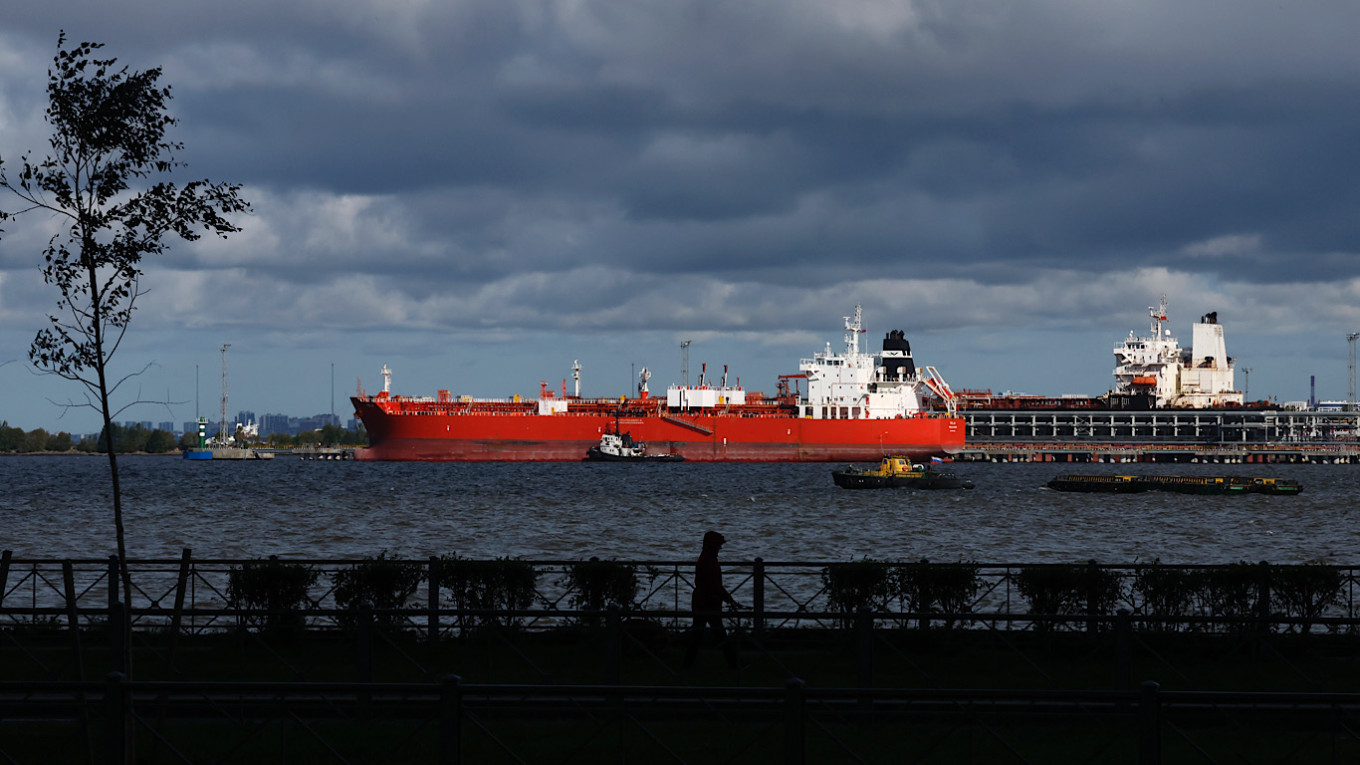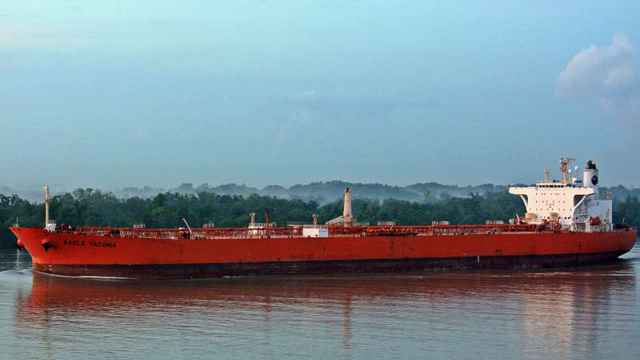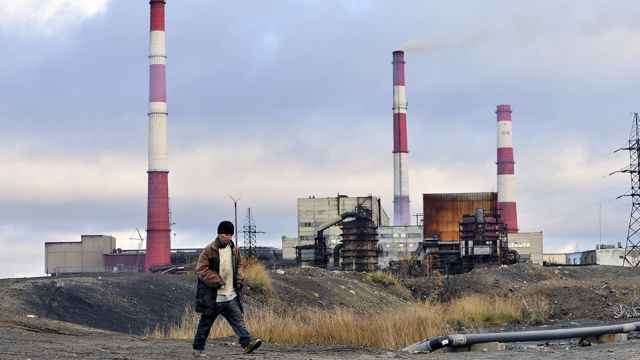At least five tankers from Russia’s so-called “shadow fleet” — vessels used to evade Western sanctions — have leaked oil into European waters over the past year, an investigation by Politico and the journalist group SourceMaterial has said.
Citing satellite imagery from the nonprofit SkyTruth and shipping data from the analytics platform Kpler, the investigation showed that the vessels continued to operate largely unchecked after leaving oil slicks near Europe's coastline.
Two of the ships were already under British sanctions when the leaks occurred.
Latvian Energy Minister Kaspars Melnis called the incidents “a huge problem,” warning that Europe is “quite lucky at this moment that we don’t have any environmental catastrophe happening.”
A British Foreign Office spokesperson described the shadow fleet as “a desperate and dangerous attempt” by Putin “to cling onto his oil profits and polluting the sea in the meantime.”
“He’s using ships that ignore basic safety standards, increasing the chance of catastrophic oil spills,” the spokesperson told Politico.
Russia began using the “shadow fleet” — a network of aging tankers without transparent ownership or insurance — after G7 countries imposed a price cap on Russian oil exports in response to Moscow’s 2022 invasion of Ukraine.
Oil revenues account for roughly one-quarter of Russia’s federal budget.
According to shipping data firm Lloyd’s List Intelligence, the fleet now numbers about 1,300 vessels.
Their activities have been linked to damage to underwater infrastructure in European waters in addition to oil spills.
The European Union has blacklisted 444 tankers barred from EU ports and Western insurance services, while Britain has sanctioned about 450 ships.
“How good or not are already existing sanctions — [it’s] hard to say,” Melnis told Politico.
Experts told Politico that many shadow fleet vessels are in poor condition, lack proper insurance and operate beyond the reach of regulators, increasing the risk of catastrophic spills.
The Center for Research on Energy and Clean Air estimates that cleaning up a single major oil spill could cost around 1.4 billion euros ($1.5 billion). If the owner cannot be identified, European taxpayers would likely be the ones to shoulder the costs.
A Message from The Moscow Times:
Dear readers,
We are facing unprecedented challenges. Russia's Prosecutor General's Office has designated The Moscow Times as an "undesirable" organization, criminalizing our work and putting our staff at risk of prosecution. This follows our earlier unjust labeling as a "foreign agent."
These actions are direct attempts to silence independent journalism in Russia. The authorities claim our work "discredits the decisions of the Russian leadership." We see things differently: we strive to provide accurate, unbiased reporting on Russia.
We, the journalists of The Moscow Times, refuse to be silenced. But to continue our work, we need your help.
Your support, no matter how small, makes a world of difference. If you can, please support us monthly starting from just $2. It's quick to set up, and every contribution makes a significant impact.
By supporting The Moscow Times, you're defending open, independent journalism in the face of repression. Thank you for standing with us.
Remind me later.






